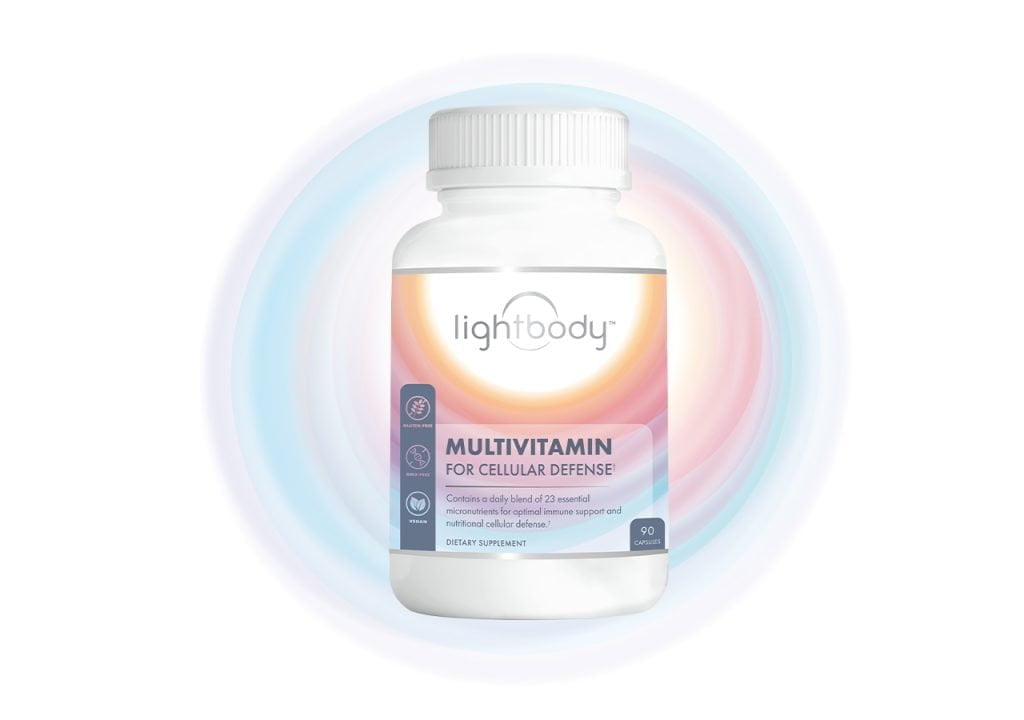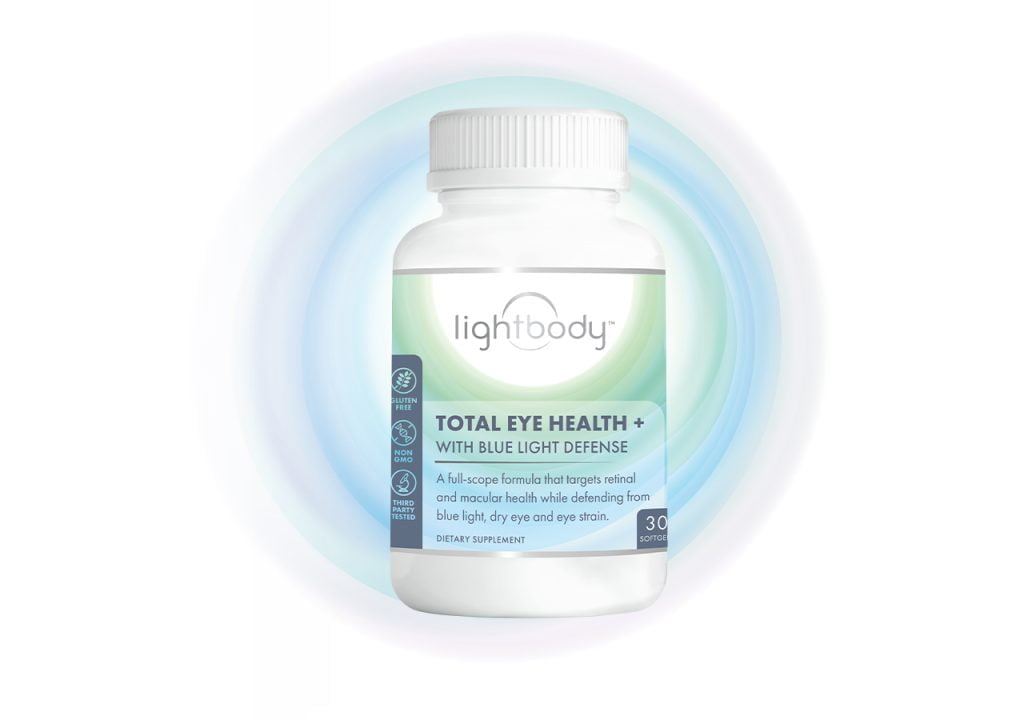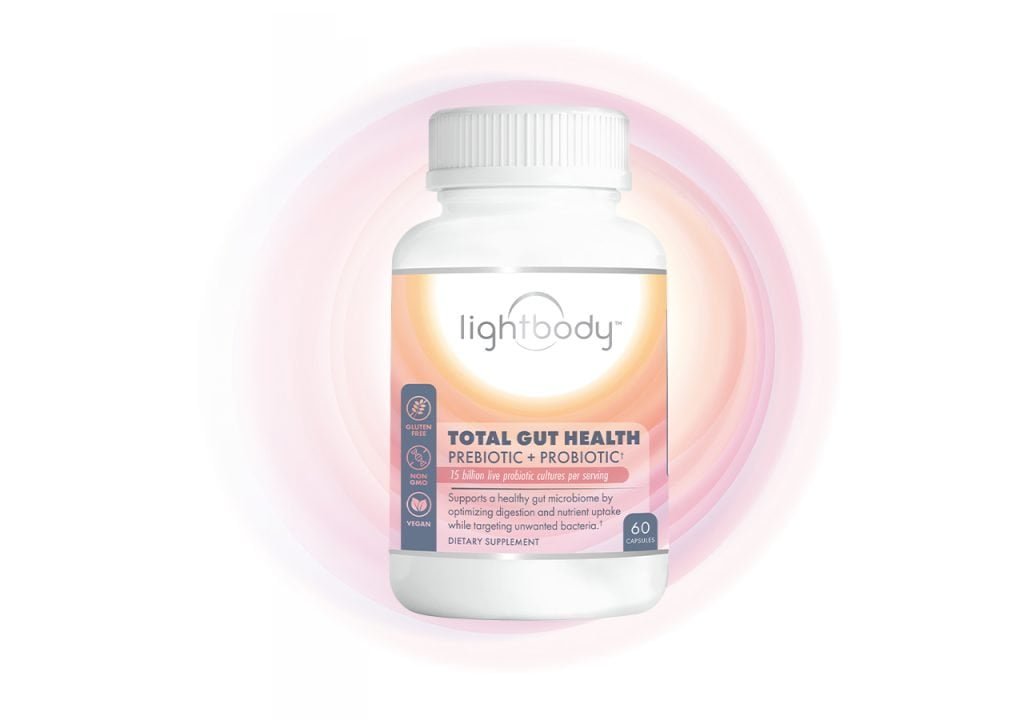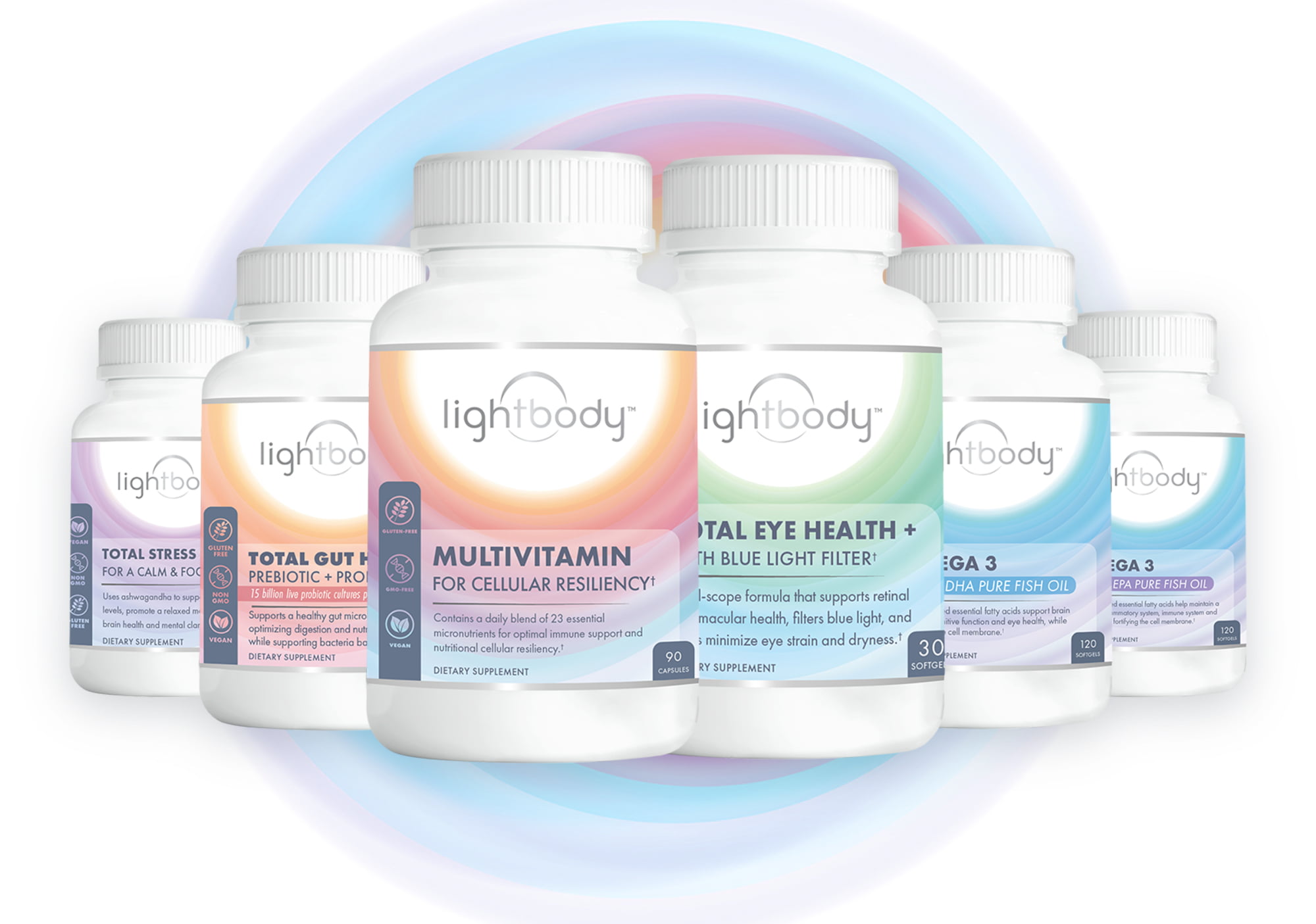No, we aren’t talking Greek here, we are talking nutrition. As one of the six essential nutrients, omega-3 fatty acids are a key component to maintaining homeostasis within your body. It is vital to have enough of them in your diet, for their own health benefits and to combat the negative effects of omega-6s.
The fact of the matter is the majority of Americans are not consuming enough omega-3s. Instead, their diets are saturated with omega-6s. While you do need some omega-6s, Americans are overconsuming them in their diet filled with pre-processed and packaged food.
This leads to an overall increase in inflammation in the body. The state of omegas in American’s dietary patterns is cause for concern, as there is an imbalance between the two types of omegas. As a result, many people are faced with health problems rooted in inflammation.
If you are fishing for information, you’ve come to the right spot.
Learn about the benefits of omega-3s and how you can incorporate more into your diet:
- What Are Omega-3s?
- The Importance of Omega-3 Fats
- Omega 3 Benefits For Health
- Digital Wellness Through Omega-3
- What You Can Do to Boost Your Levels of Omega-3?
What Are Omega-3s?
Omega-3s are fatty acids, one of the six types of nutrients our bodies need, that are found in different types of foods. The two main omega-3s are eicosapentaenoic acid (EPA) and docosahexaenoic acid (DHA).
Both are considered long chain fatty acids (LCFA). Quick chemistry lesson. A fatty acid’s chain length is determined by the number of carbon atoms. A fatty acid is labelled as “long chain” when its tail has 13 to 21 carbon atoms.
Fatty acids play multiple key roles in mammals. They help form the membrane structures of cells to help fortify cells against toxins and contribute to adenosine triphosphate (aka ATP, aka energy) production in muscles, heart, and liver. Metabolism is also influenced by fatty acids, as LCFAs are signalling.
LCFAs are also regulators of gene expression, which is how instructions from DNA is translated into a product, such as proteins or RNA, which in turn affects phenotypes—the set of observable traits or characteristics of an organism.
For those reasons, omega-3 is essential to the function of your body.
The body cannot produce omega-3 by itself. It must get them from the food you consume. Common sources of omega-3 are fish and seafood. Oily fish are the best source. The FDA recommends adults to consume at least 8 ounces of seafood a week based on a 2,000 calorie diet. Seafood is also a good source of vitamin D and selenium, protein, and low in saturated fat.
If you don’t eat seafood, other sources of omega-3 include different types of seeds—chia, flax, and hemp for example—walnuts, seaweed and algae, edamame, kidney beans, soybeans and soybean oil. Another great source are omega-3 supplements.
The Importance of Omega-3 Fats
Beyond the roles it plays in all mammals, omega-3 is also linked with healthy aging and is important in all stages of life.
For children, brain development is impacted by omega-3. 90% of a human’s brain is developed before kindergarten. Through a person’s first years of life, the brain works at developing the connections between neurons that will shape how a person functions for the rest of their lives.
DHA is the primary fatty acid found in neurons, the information messengers in the brain that relay information between different parts of the brain and the nervous system. During childhood, at least one million neuron connections are made each second. DHA is essential to forming these connections. The brain continues to mature throughout childhood and adolescence—it won’t be fully developed until early to mid-20s.
As you age, your body begins to deteriorate, both physically and mentally. Omega-3 can help in with age-related mental degeneration, and some studies have preliminary findings that it can help delay the onset of Alzheimer’s among other neurological disorders.
For women who are pregnant or trying to become pregnant, omega-3 is critical for fetal development, specifically in the areas of neuronal, retinal, and immune function.
Omega 3 Benefits For Health
What are the benefits of omega-3, you ask? Well, it is associated with a laundry list of health advantages. Let’s take a closer look at few of them!
Anti-inflammatory Effects
Deficiencies can lead to negative health consequences. In general, many of the health problems associated with omega-3 deficiencies are rooted in inflammation. LCFAs exert anti-inflammatory effects, and work to combat inflammation within the entire body.
Heart Health Benefits
Omega-3 is associated with lower risk of heart disease, as well as lower blood pressure and heart rate. Omegas defend against erratic and deadly cardiac rhythm disturbances from forming.
If we’re talking specifics, EPA is associated with a decreased chance of coronary heart disease (where blood vessels to the heart become narrowed or blocked) and high blood pressure. It helps lower the number of high triglycerides, which may cause artery walls to become thickened or hardened, in turn leading to a blood supply problem. Omega-3 helps improve blood vessel function.
Brain Health and Mental Health
As we know, omegas work throughout life to help develop and maintain healthy brain function, from a physical health perspective. But they also benefit mental health as well.
There is evidence that omega-3 may help prevent and treat depression and anxiety.
Specifically, EPA is more effective at fighting depression. Researchers have found that a supplemental regimen can help minimize the frequency and effects of mood swings, as well as decrease the chances of relapses in people with schizophrenia and bipolar disease.
Healthy Sleep Patterns
Sleep is also impacted by omega-3. Low DHA is linked to low melatonin, the hormone that controls sleep. When your brain can’t produce enough melatonin, your body enters a state of melatonin deficiency, which is linked to sleep problems, insomnia, and mood swings.
Furthermore, people with low DHA are at a higher risk for sleep apnoea.
Boosting the Immune System
Omega-3 is beneficial in decreasing the risk of auto-immune disease. A research study found that omega-3 supplements reduced autoimmune disease rates by 15 percent.
It is important during early years that humans consume sufficient omega-3, as getting enough during childhood development is linked with decreased risk of developing type 1 diabetes, autoimmune diabetes, and multiple sclerosis. Omega 3s can help treat lupus, rheumatoid arthritis, ulcerative colitis, Chron’s disease, and psoriasis.
There is even evidence that LCFAs may help prevent some cancers, such as breast and colon cancer.
Other Health Benefits of Fish Oil
The list goes on and we can mention another beneficial effects of omega-3 fats:
- Reduced fat in the liver. Coinciding with the obesity epidemic in America has been a rise of non-alcoholic fatty liver disease. A build-up of fat in the liver can lead to cirrhosis, diabetes, high blood pressure, and kidney disease. Omega-3 has been suggested as a treatment for this disease.
- Bone and joint health. Omega-3 increase the amount of calcium in your bones, which helps decrease the chances of developing osteoporosis and help treat arthritis. This is especially important for women because the hormone involved with menopause directly impacts bone density.
- Skin health. DHA is a main structural component in cell membranes, which makes up your skin. Omega-3 helps manage oil production, controls hydration, reduce premature aging, and reduce the risk of acne.
- Eye health. As it is a key component in skin cells, DHA is also a structural component of retinas and plays a key role in vision. Those with high levels of DHA are less likely to develop age-related macular degeneration than those who are deficient.
After all that, you have to ask, what can’t omega-3 do?!
Digital Wellness Through Omega-3
One of the consequences of our digital lifestyle is the exposure to EMF radiation, an invisible toxin created by the electrical current passing through a circuit to create an electromagnetic field.
EMF radiation causes a breakdown at the cellular level and forces cells into an oxidative stress response, leading to inflammation and causing numerous health problems. Issues caused by inflammation can be addressed through a diet rich in fatty fish or fish oil supplements.
The brain is perhaps the most vulnerable to EMF radiation. Omega-3 may have neuroprotective effects for the hippocampus and cerebellum, as one group of researchers discovered when exposing rats to EMF radiation and treating some with and some without omega-3. Omega-3 also protected the nervous system in rat fetuses.
EMF radiation has also been found to harm reproductive health. Exposure to EMF radiation has been associated with decreased sperm count in males, motility, viability, and normal morphology.
However, one study with male workers who were exposed to radiation as an occupational hazard found that omega 3 supplements positively affected sperm morphology and motility.
Sleep is another issue associated with the digital lifestyle of today. The blue light emitted from the ever-present screens disrupts the body’s natural production of melatonin and thus the circadian rhythm. While you can wear blue light blocking glasses and limit the amount of time spent in front of screens before bedtime, DHA can help regulate melatonin production to help maintain health levels of sleep.
What You Can Do to Boost Your Levels of Omega-3?
First and foremost, evaluate your diet to gauge your omega-3 intake. It’s key to balance out omega-3 and omega-6 (which are mainly found in vegetable oils). Make sure your diet is rich in omega-3 and eat fish – lots of fish.
Intake of omega-3 varies slightly by age and gender, but it is generally recommended you consume 1.6 grams a day. While omega-3s are commonly associated with just fish oil and seafood, even if you don’t eat seafood, you can incorporate them into your diet. Try a granola that has more seeds in it or include kidney beans in your next side dish at dinner.
If you’re not consuming enough omega-3 through the food you eat, consider fish oil supplementation to achieve the recommended levels of omega-3 fatty acid.
**Please consult your doctor before making any dietary changes or starting a supplement regimen**
FAQs
The main benefit of omega-3 is its diverse health impacts. Omega-3 fatty acids offer multiple health benefits; they are well-known for their anti-inflammatory properties, which can help reduce pain and swelling. Additionally, omega-3s are crucial for heart health as they can lower blood pressure and cholesterol levels. They also play a significant role in boosting the immune system, enhancing its ability to fight infections and diseases.
Taking omega-3 daily can improve heart health, reduce inflammation, and support brain function. However, it’s important to follow recommended dosages to avoid potential side effects.
Symptoms of omega-3 deficiency include dry skin, brittle hair and nails, joint pain, fatigue, and mood swings.








